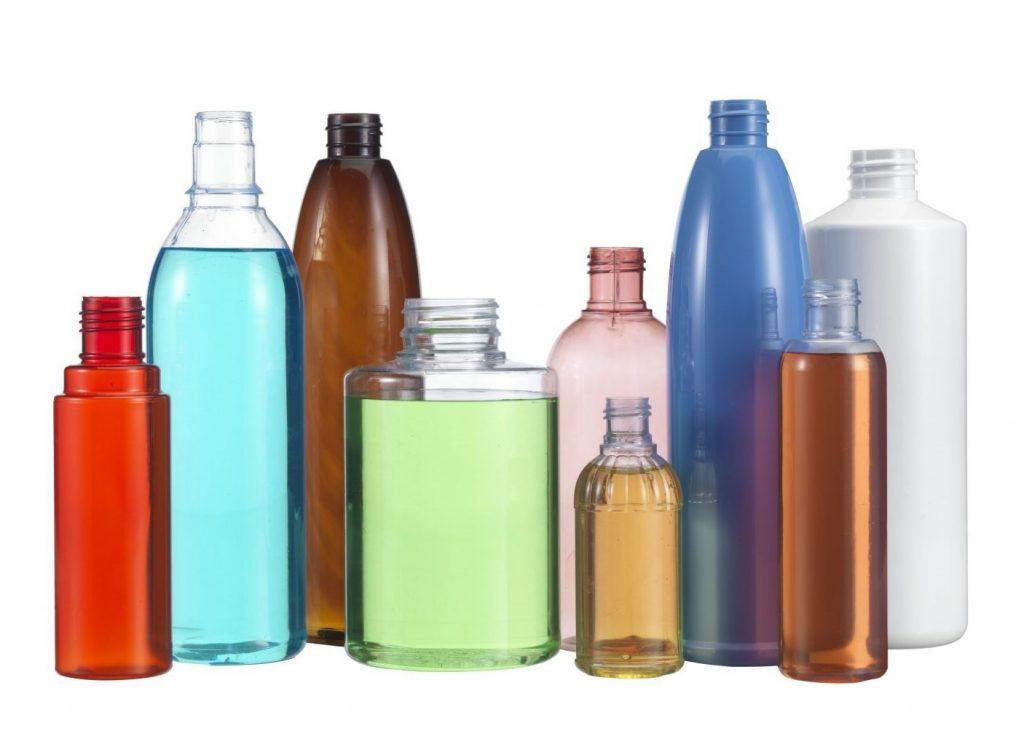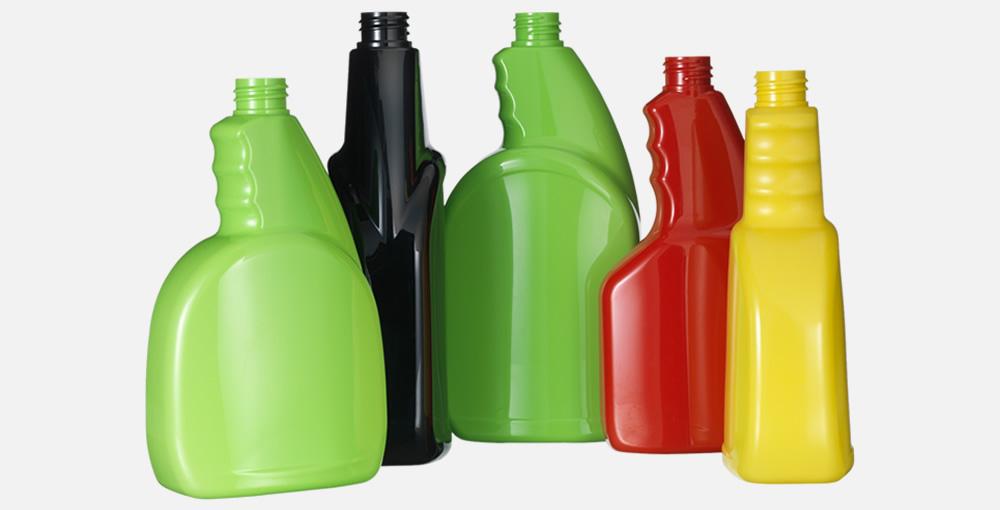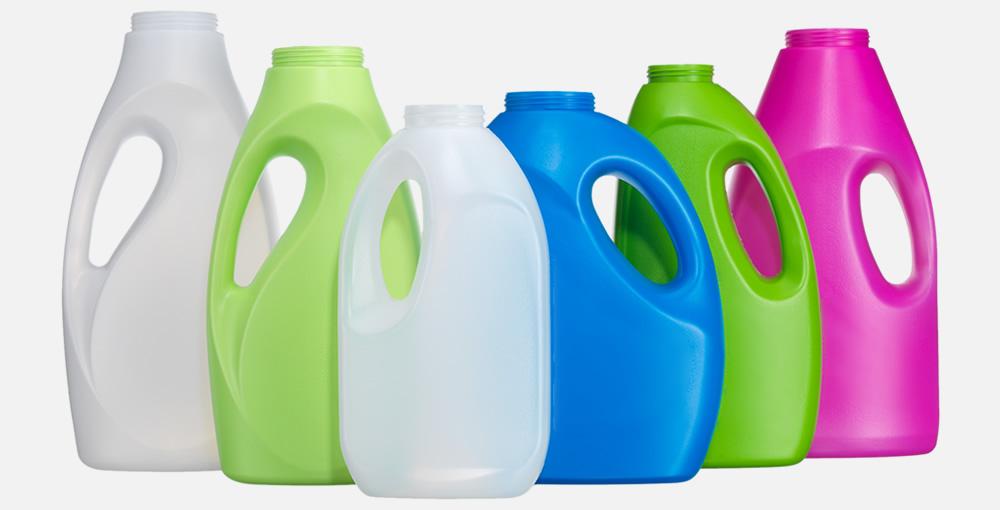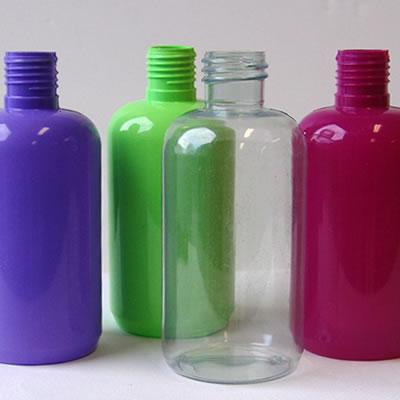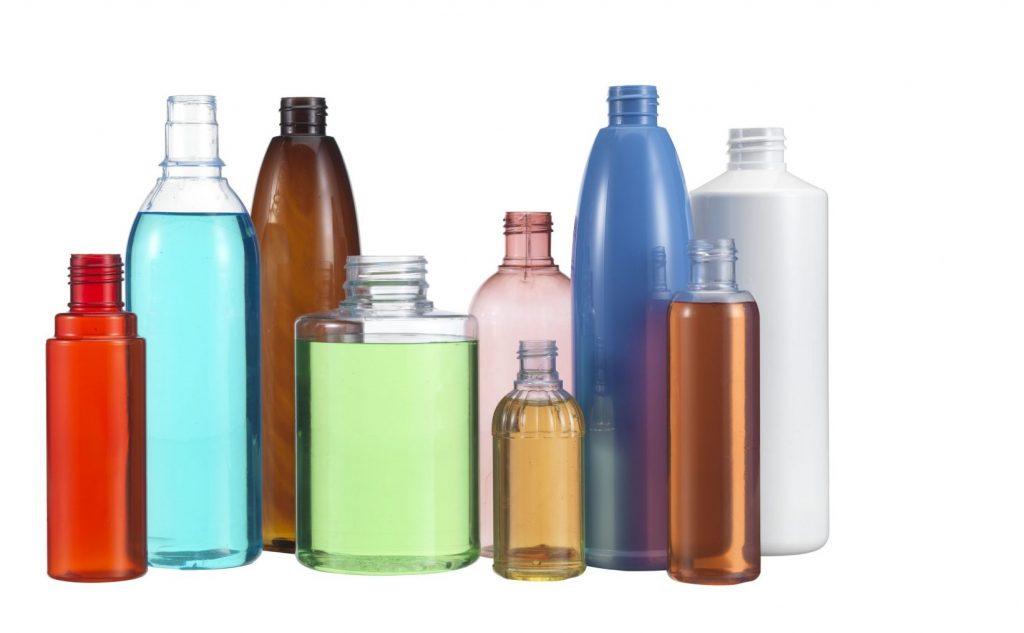The market and the atmosphere are currently the two main concerns of the international community for the plastic bottles with caps. Alternative energy vacancies and sustainable designs largely determine customer preferences. Individual choice can turn into a general command when there are two important factors.
The exception to that rule is bottled water. The Australia has seen a steady increase in the usage of plastic containers over the past two decades. Almost every bottle manufactured and sold contains polyethylene terephthalate (PET). While PET has properties that inspire cleaner and more efficient recycling processes, some by-products, cost, and degradation discredit plastic bottles with caps.
Read More:- The popularity of Plastic Products and Bottles
Smart design
But there is an option to bottled water that suffers from rising oil prices and the high cost of recycling. And they promote durability and smart design. Many plastic bottle suppliers emphasize the functional and environmental benefits of individual water bottles and containers. Unlike disposable plastics, these bottles act more like a mess than a by-product.
Easy recycling process
The power, loss, and deterioration from plastic water bottles with caps are enormous. Unless more effective and valuable methods are used in the recycling process, it is important to reduce the consumption of plastic water bottles. The best option is to spend in a well-managed water bottle that is easy to clean, eco-friendly and inexpensive. If a large section of the customer population embraces this philosophy, the use of oil and its price in return will be diminished, as will the emissions have delivered into the atmosphere.
Read More:- 5 Reasons Why Plastic Bottles Can Be Extremely Beneficial for You
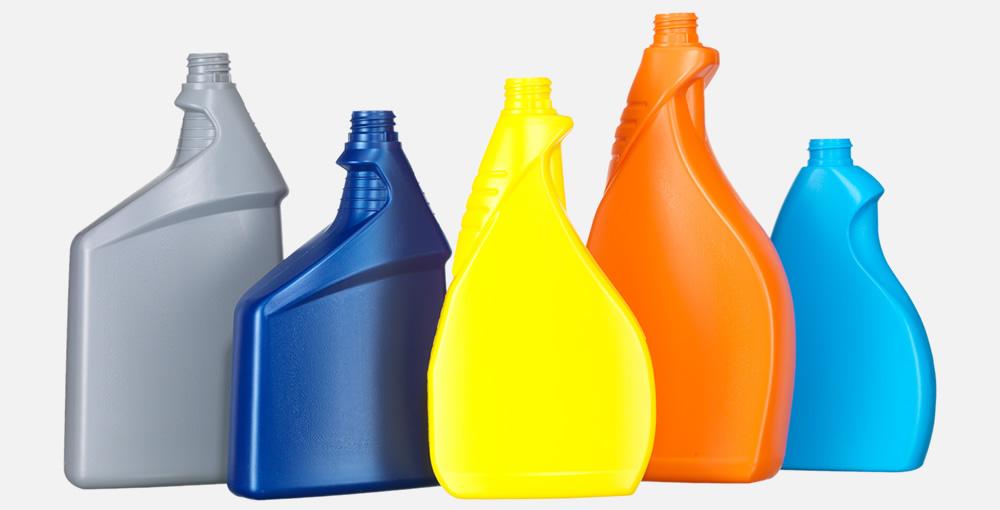
High utility rate
The average Australian consumes 170 plastic water bottles a year, a total of 50 billion plastic bottles a year. In fact, Australians spend more than $ 15 billion every year on bottled water, and most of these bottles are never recycled. Our responsibility to bring about positive change in our environment is clear as our population and demand for natural resources increase by using plastic bottles with caps.
Waste management has become a major problem in the world as the size of landfills is increasing while the rate of recycling is low. In addition, the limited amount of fossil fuels required for the production and transportation of plastic bottles produced each year to be brought to market is severely destroyed and puts significant stress on the environment.
The production of plastic bottles produces many such by-products that are extremely harmful to the environment. The most common plastic used to make water bottles are PET (polyethylene terephthalate), a material that is not environmentally friendly. It takes 17.5 kg of water to produce only 1 kg of PET to produce bottled water, thus more water is actually used to make PET plastic bottles than is actually poured.
Federal regulations
Bottled water improves much less than tap water. In fact, bottled water companies, because they are not under the same standards of liability as municipal water systems, can provide significantly lower quality water than tap water. Since tap water is a public resource, quality and content must be disclosed to the consumer.
There is no such regulation in bottled water and it is more regulated like a soft drink than a public resource. The truth is that often bottled water costs a little more than bottled tap water. Federal regulations governing bottled water quality only apply if it is transported to a state line, and then it must be as good as tap water. Most bottled water is bottled and sold to avoid federal purity standards, so there is no guarantee that bottled water is safer or better than tap water.
High in Demand
Not only is the cost of paying for the environment high, but the cost also affects the public. In 2007, Australians alone spent more than $8 billion on bottled water, with an average cost of more than $1 per bottle, representing $ 11 billion in sales. Water filters remove chlorine and bacterial contaminants that give drinking water a better taste and odor. Thus, plastic bottles with caps help you to drink healthy water that costs less than bottled water, protects the body from disease, and is good for both the consumer and the environment.
Read More:- Plastic Bottles – A Health Hazard: Fact Or Fiction
